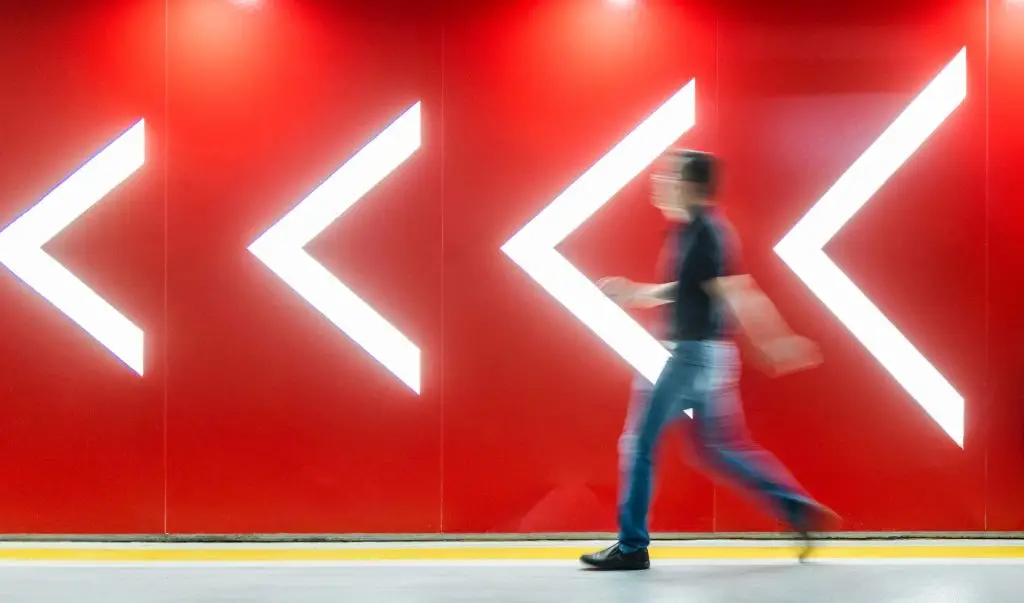The New York Times this week redesigned hundreds of reporter byline pages, making them longer and more insightful. Other papers have also been moving in this direction.
What should corporate communications professionals make of this?
The paper’s editorial note explains the thinking:
“The new format, which we call enhanced bios, was designed to bolster trust with readers by letting them know who we are and how we work.
Research has shown that the more readers know about our reporters, the more likely they are to understand the rigors of our journalistic process and trust the results.
Enhanced bios present an opportunity to explain to the world how journalists operate. Readers are often surprised to learn that we have rules and guidelines, that we don’t accept gifts from people we write about, that we don’t donate to political campaigns, or that we don’t own stock in companies we cover. During our reporting our experts keep an open mind and follow the facts wherever they lead.
The bios also give us a chance to tell readers about our deep expertise. They might not know that our Supreme Court reporter used to be a First Amendment lawyer. Or that we have several architects who build 3-D models for our graphics presentations. Or that one of our health and wellness journalists holds a doctorate in experimental psychology. Or how one of our economics reporters writes his own code to analyze employment data.
And readers may be surprised to learn that we are from all over the United States, and the world, and that most of us are not from New York. Or that some of us served in the military. Or once pastored a church.
With the increasing prospect of more A.I.-generated content filling the internet, we want to address this head-on by emphasizing the people behind our work.”
The bios have a standard template (what I cover, my background, journalistic ethics) and typically contain information about previous roles in and out of journalism, books written, foreign assignments etc.
Here’s one:

It also includes the following paragraph:
All Times journalists are committed to upholding the high standards outlined in our Ethical Journalism Handbook, and I am particularly cautious because I write about events that can move financial markets. I do not actively trade investments of any kind. I keep my retirement savings in broad funds. I cannot accept gifts, money or favors from anyone who might figure into my reporting. I do not participate in politics, nor do I make political donations. I am always careful to identify myself as a reporter for The Times in news-related conversations.
The last para on journalistic ethics is interesting as it is somewhat personalized to the potential conflicts relevant to a specific beat, rather than just generic boilerplate, though laddering back to the paper’s Ethical Journalism Handbook.
No doubt the NYT has data showing that many readers want to know more about its reporters as people, just as the Times and its competitors now give readers opportunities to hear leading reporters on video or in real life at conferences. Perhaps this is more important for top political reporters and commentators, as opposed to the business desk. (Maggie Haberman has a particularly extensive bio).
What are NYT competitors doing?
This growing trend for more detailed bios is driven by the fact space is free online. Here’s a quick take on some competitors:
Wall Street Journal bios have been getting more detailed, but more variable than at NYT. Here’s a more extensive one:
Amrith Ramkumar is The Wall Street Journal’s climate finance reporter. He covers how investors are paying for the transition to clean energy for the finance team in Washington, D.C. His stories include deals and fundraising rounds tied to green energy and sustainability as well as trend pieces exploring how the shift away from fossil fuels is rippling through the private sector and Wall Street. He also writes about environmental, social and governance—or ESG—investing. Amrith previously was a Journal markets reporter who wrote about special-purpose acquisition companies, or SPACs, when SPAC mergers were a popular alternative to traditional initial public offerings for many clean-energy startups and other companies. He also previously wrote about stocks and commodities, including battery metals such as lithium and cobalt.
Amrith joined the Journal as a markets intern after graduating from Duke in 2017.
At the Financial Times, bios are shorter and again somewhat variable. Here’s someone we at Cognito know well:
Philip Stafford is the FT’s digital finance news editor. He was previously the FT’s correspondent for exchanges, trading and markets regulation. He has also covered stock markets, telecom and technology companies and breaking news. Before he joined the FT he worked at Bloomberg and FTMarketwatch. Prior to a career in journalism, he was a teacher in Japan.
How useful are these bios for media relations, and what don’t they tell us?
All these bios tell us what the reporters, and to some extent their bosses and marketing colleagues, want readers to know. Some of that is useful for pitching stories, and for prepping spokespeople for interviews and panels.
The commercial databases already have much of that information, but there’s certainly extra nuance here that the databases will seek to incorporate. One thing to watch is how frequently these bios are updated when reporters’ topics of interest change. Some reporters will be more fastidious at updating their entry than others; often there is some lag on such background info on websites (nobody’s day job). One area for the commercial databases will be to use AI to auto scrap bio changes as they occur.
The NYT info on “What I Cover” should be treated a guide, no more. Stuff happens. The key is to review a reporter’s recent stories (now collated online at all these publications). That will usually show you something that appears outside their apparent beat, and that can be useful info for engagement.
What these bios don’t tell you is what the outlets do not want readers and organizations they cover to know. None of these bios tell us that the reporter is cranky, self-absorbed, or aggressive. The NY Times has the same proportion of those as most workplaces, I imagine.
Nothing can replicate the experience gained from pitching to specific reporters and sitting in interviews they conduct with clients. That’s the expertise we bring to bear in media relations, and where specialization really counts. We’ve dealt with some reporters over several beats over two decades or more. Remember that while broadcast interviews can be viewed, for a “print” journalist you can only read the finished product, if you weren’t in the room when the sausage was being made.
Beyond live experience of reporters interviewing, these days forensic work can also fill in detail about reporters through their online footprint. The bios won’t give you this. The NYT and other outlets have tighter rules now on being too political on Twitter (see various rows over Gaza like LA Times), but many reporters are still tweeting in ways that can be useful for engaging with them.
Finally – these bios also do not tell you who the reporter is married to, or no longer married to. That’s rightly perceived to be old fashioned or bad taste today. But I can tell you that many clients often find high profile partners of reporters remarkably interesting info, and at times it is of genuine importance. Communications agencies and advisors are expected to know some of the stuff that doesn’t get written down.
The New York Times extended bios initiative should be welcomed and is a modest but useful extra tool for those of us engaged in the craft of media relations. The sad thing is that only a handful of outlets in the nation now have the editorial staff and scale for such initiatives to make a difference to their brand and commercial future.
Andrew Marshall is the managing director of Cognito America




